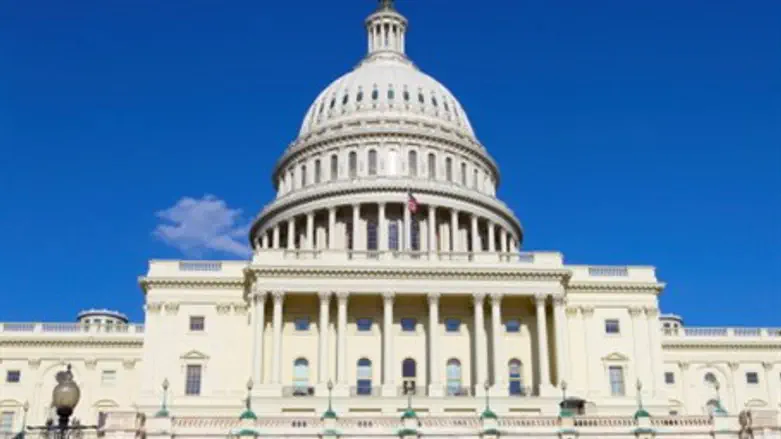
A bipartisan group of American lawmakers wants the Senate to endorse continued sanctions by state and local governments against Iran, The Hill reported on Wednesday.
Senators Marco Rubio (R-FL), who is running for president, Mark Kirk (R-IL) and Joe Manchin (D-WV) have introduced a resolution that would "strongly support" their sanctions against Iran for any terrorism-related activities, human rights violations or other illegal actions, the website said.
The resolution also argues that the Iran nuclear deal, reached earlier this year, doesn't prevent a state or local government's ability to enact sanctions against Iran.
Dozens of states already passed Iran-related sanctions targeting specific parts of the Iranian economy or companies that do business with the country.
The legislation came as the Foreign Relations Committee received a closed-door briefing on the International Atomic Energy Agency's (IAEA) report of a potential military dimension to Tehran's nuclear program.
The report said the IAEA believes that the Islamic Republic made a "coordinated" effort to develop nuclear weapons in the past, although the efforts apparently ended at an early stage.
According to the report, most of the dedicated work took place before 2003, though some parts continued until 2009.
Manchin, one of four Senate Democrats who opposed the nuclear deal, said on Wednesday that lawmakers "must do everything in our power to ensure that this regime is not able to use the money that it will receive through the Iran nuclear deal to continue its deplorable terrorist action."
Lawmakers have focused on how to extend sanctions against Iran in the wake of the agreement. Kirk has introduced legislation with Sen. Robert Menendez (D-NJ) that would extend the Iran Sanctions Act, currently set to expire next year, through 2026.
Supporters of extending the law, which includes sanctions targeting Iran's nuclear program, argue that an extension is needed so that the United States will be able to "snap back" sanctions if Iran violates the nuclear deal. Kirk and Rubio believe President Barack Obama has promised there will be no “snap back” sanctions.
Opponents of the nuclear deal tried several times to block the deal in Congress, but were stopped by Democratic supporters of the accord each time.
